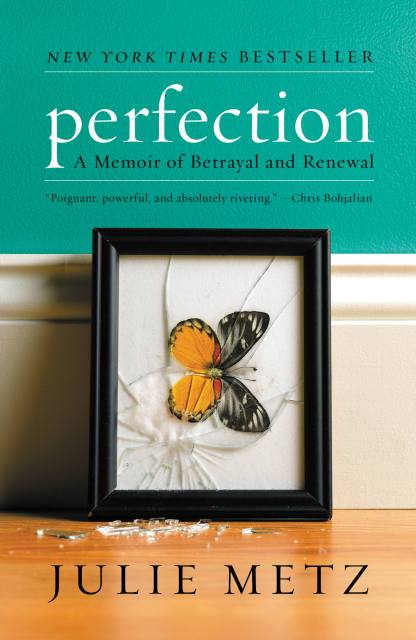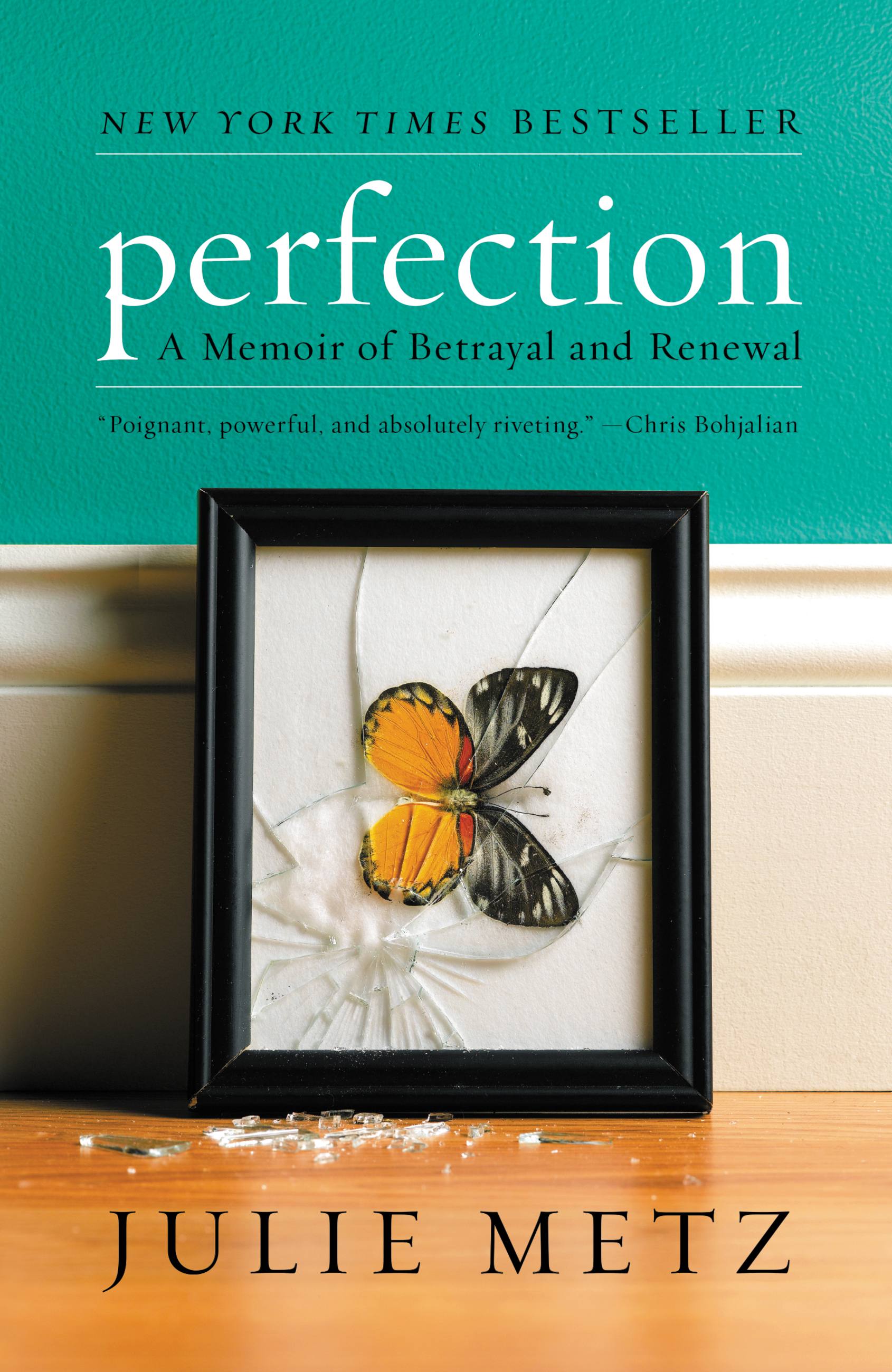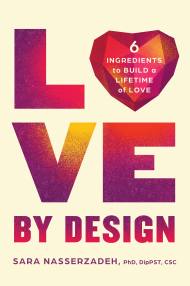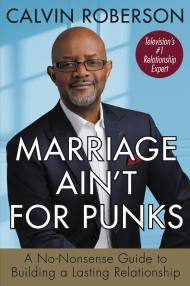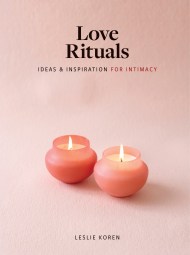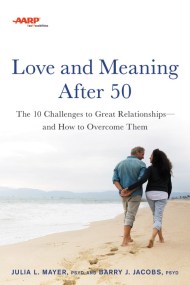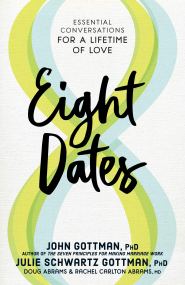Promotion
Use code MOM24 for 20% off site wide + free shipping over $45
Perfection
A Memoir of Betrayal and Renewal
Contributors
By Julie Metz
Formats and Prices
Price
$9.99Price
$12.99 CADFormat
Format:
- ebook $9.99 $12.99 CAD
- Trade Paperback $21.99 $28.99 CAD
This item is a preorder. Your payment method will be charged immediately, and the product is expected to ship on or around June 9, 2009. This date is subject to change due to shipping delays beyond our control.
Also available from:
“He loved you so much.” That’s what everyone keeps telling her. It’s true that he loved Julie and their six-year-old daughter ebulliently and devotedly, but as she starts to pick up the pieces and rebuild her life without Henry in it, she learns that Henry had been unfaithful throughout their twelve years of marriage. The most damaging affair was ongoing — a tumultuous relationship that ended only with Henry’s death.
For Julie, the only thing to do was to get at the real truth–to strip away the veneer of “perfection” that was her life and confront each of the women beneath the veneer. Perfection is the story of Julie Metz’s journey through chaos and transformation as she creates a different life for herself and her young daughter. It is the story of coming to terms with painful truths, of rebuilding both a life and an identity after betrayal and widowhood. It is a story of rebirth and happiness — if not perfection.
Genre:
- On Sale
- Jun 9, 2009
- Page Count
- 352 pages
- Publisher
- Hachette Books
- ISBN-13
- 9781401394448
Newsletter Signup
By clicking ‘Sign Up,’ I acknowledge that I have read and agree to Hachette Book Group’s Privacy Policy and Terms of Use
